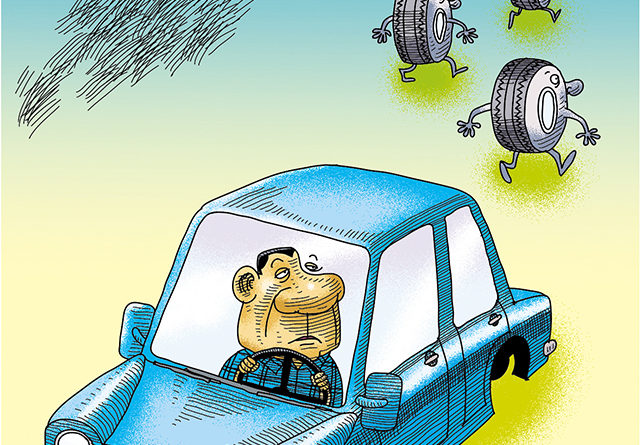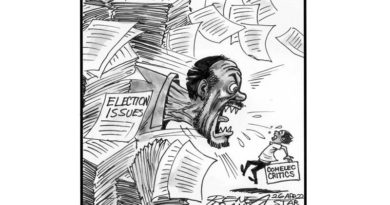Op-Ed: President rules out revolutionary gov’t | Editorial – The Manila Bulletin
.
President Duterte was in Da Nang, Vietnam, attending the Asia-Pacific Economic Conference (APEC) Summit when he announced on Friday, November 10, that he is no longer inclined to declare a revolutionary government, an idea he had floated last month in case destabilization efforts got out-of-hand.
He had named the Communist rebels and even the United States Central Intelligence Agency (CIA) as among those behind the destabilization moves. US Ambassador Sung Kim had immediately denied claims that the CIA was involved in an effort to oust the President.
At a press conference in Vietnam, the President said he was no longer considering the declaration of a revolutionary government as an option, for lack of military support.
Two days earlier, on November 8, the Armed Forces of the Philippines led by new chief-of-staff Lt. Gen. Rey Leonardo Guerrero had given Vice President Leni Robredo a security briefing at the Philippine Air Force headquarters in Pasay City. It was here where the military officers assured her that they will not support any move to establish a revolutionary government.
The President said he had asked the generals about the matter. “Tinanong ko ang military. Sabi nila, hindi kami susuporta ng revolutionary government,” he said. “O sige. Di hindi tayo mag-revolutionary government.”
The last time a Philippine president took this move in an effort to quell a brewing revolution, was in 1972 when then President Ferdinand Marcos declared martial law and shut down Congress and other offices of the government. He continued to rule the country until forced out by the People Power Revolution of 1986. In the new Constitution of 1987 – which is what we have today – martial law was severely limited by the need for congressional consent. Which is why President Duterte spoke of revolutionary government, rather than martial law, when he spoke of countering the new threats to national stability.
We are one with the President in considering all possible means to ensure stability in the country, but the idea of revolutionary government has little to support it. It was immediately rejected by the military itself although it would have been the principal power base if it should come about.
There is no substitute for our government institutions – the Executive, Legislative, and Judiciary – each with its own powers and responsibilities, balancing one another, supporting one another in carrying out their functions and responsibilities, averting excesses.
Under this system, needed reforms may take time to carry out. But a strong leader like President Duterte should be able to carry out his goals and effect changes working with the rest of the government and most important, with the people of the country.
ASEAN NEWSPAPER OPINIONS AND EDITORIALS
7.1. A more binding deal. The Daily Tribune
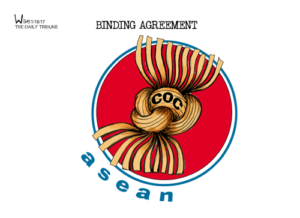
7.2. President rules out revolutionary gov’t– The Manila Bulletin

7.3. Freedom and licentiousness… The Manila Standard
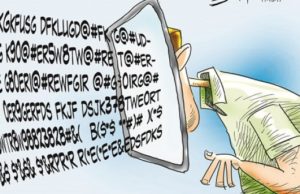
7.4. RALLYISTS UNDER THE DUTERTE ADMINISTRATION… The Manila Times
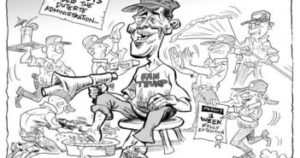
7.5. .Another lost opportunity… The Philippine Daily Inquirer.
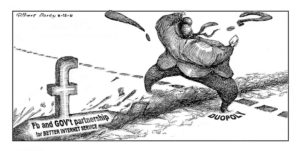
7.6. Challenges amid growth The Philippine Star
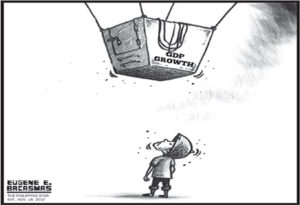
<>
NOTE : All photographs, news, editorials, opinions, information, data, others have been taken from the Internet ..aseanews.net | [email protected] |
For comments, Email to :
D’Equalizer | [email protected] | Contributor

